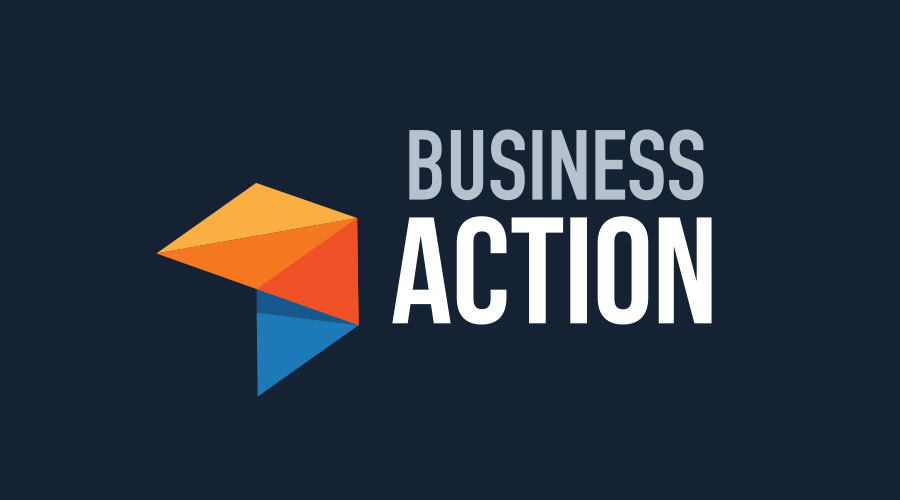Why we need women & diversity on boards…
The aspiring director
Confidence is one reason there are not as many women as men on boards, says Debra Chantry, an aspiring board member currently studying to become an accredited director.
“Men are always so confident in their own abilities,” she says. She came to our meeting straight from two days of directors’ courses where around a third of the attendees were women.
“The men looked very comfortable but the women were saying, ‘I’m not sure if I’m ready to do this’. But I believe those women were no less qualified nor experienced than the men there.”
Chantry, 39, says the courses were attended by a wide range of people, from chairmen and existing directors to accountants, lawyers, farmers and members of not-for-profits, trusts and school boards.
She says she’s aiming to become an accredited member of the Institute of Directors, which will mean apart from a written exam, she needs to undergo a rigorous selection process and have five years’ experience on the board of a significant company.
“I don’t have to be an accredited director, but by doing the courses and accreditation, you get a full understanding of the legislation, how a board should run and what your responsibilities are. In theory, that should give companies a lot more faith in your abilities.”
Chantry’s current role is in marketing for Tower Insurance, but in the past she was one of the youngest general managers in the country, at InterCity, and she’s been the CEO of a software development company. She also ran her own company for a couple of years until the business was forced to close when a key contract fell through.
“It was the worst experience of my life,” says Chantry frankly. “But then I realised I could bring learnings from that to other businesses, so I became a consultant, helping other people avoid the pitfalls.” She still volunteers as a business mentor for start-ups.
“I was considering being on a board when I was doing a lot of consulting work, but it is a time commitment, and it was about being able to find that time. Also, I’m not sure I fully understood the responsibilities of being a Director. It makes you feel good when you are asked, but you do need to consider the full implications.”
She says the catalyst was having lunch with a friend who was already on a board. “And I was very inspired by our chairman of the board of directors at Word Dial, John Signal. He was a great mentor to me.”
She signed up as Trustee of the Life Education Trust, Auckland Central in September 2006 as a first step and a chance to get some board experience in a not for profit organisation.
Chantry says there are two ways of getting onto a board: if you know someone (“the old-boys’ network”), or through the Institute of Directors, by doing the training and networking with existing directors. Being quite new to the world of governance, she has chosen the second route.
As a director, she sees her role as not just getting a return to shareholders. “The return to shareholders should be a given, so you should take that off the table and look at what you need to make a company sustainably competitive and build a profitable business.”
She says her sales and marketing experience would be useful in some retail businesses, where she can look at companies as a customer would, as well as from a legal or financial perspective.
“A lot of boards are made up of accountants, lawyers and engineers. They have great skills, but a balanced board would provide a better business model.”
Chantry is in favour of more women on boards in New Zealand, but is unsure about enforcing a quota. “I would always wonder if I got my role because of my skills or because of my gender.
“And currently there is just not a big pool of people to pick from. We should be encouraging women to join the institute and get networking. Women have a tendency to undervalue themselves.”
Ultimately it’s not just about having women on boards, it’s about having diversity on boards, she believes.
“You should have men and women, accountants and lawyers, industry specialists, differing ethnicities. You just need the right people to offer value to a board.”

